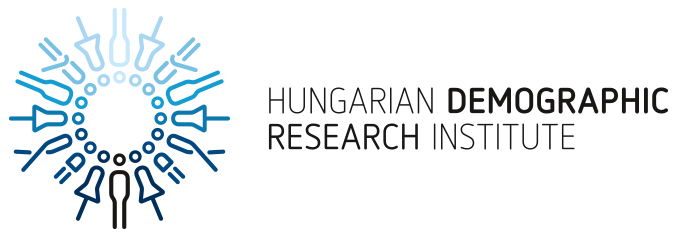Pro-elderly welfare states within pro-child societies: Incorporating family cash and time into intergenerational transfers analysis.
DOI:
https://doi.org/10.21543/WP.2016.26Keywords:
household economy, young and old, care work, child rearing, families, National Transfer AccountsAbstract
Households and welfare states both serve as vehicles of lifecycle financing through intergenerational transfers. Working-age people are net contributors, children and the elderly are net beneficiaries. However, there is a marked asymmetry in the socialization of intergenerational transfers. Working-age people pay taxes and social security contributions to care for the elderly as a generation, but they individually spend cash and contribute time to raise their own children. This results in asymmetric visibility of intergenerational transfers. Resources flowing to the elderly are near-fully observed in National Accounts (NA), but inter- and intra-household transfers are not registered there. Using data for ten European countries representing 70% of the population of the EU, we employ National Transfer Accounts (NTA) to include private transfers as well. In addition, as an extension of NTA, we use National Time Transfer Accounts (NTTA) to quantify the value of time transferred within and between households in the form of unpaid labor. Only a fifth of all resource transfers to children is registered in NA; another third is made visible by NTA, but nearly half is made visible only by NTTA. Contrary to much perceived wisdom, once intra-familial transfers of cash and time are incorporated, European societies transfer more resources to children than to the elderly.

